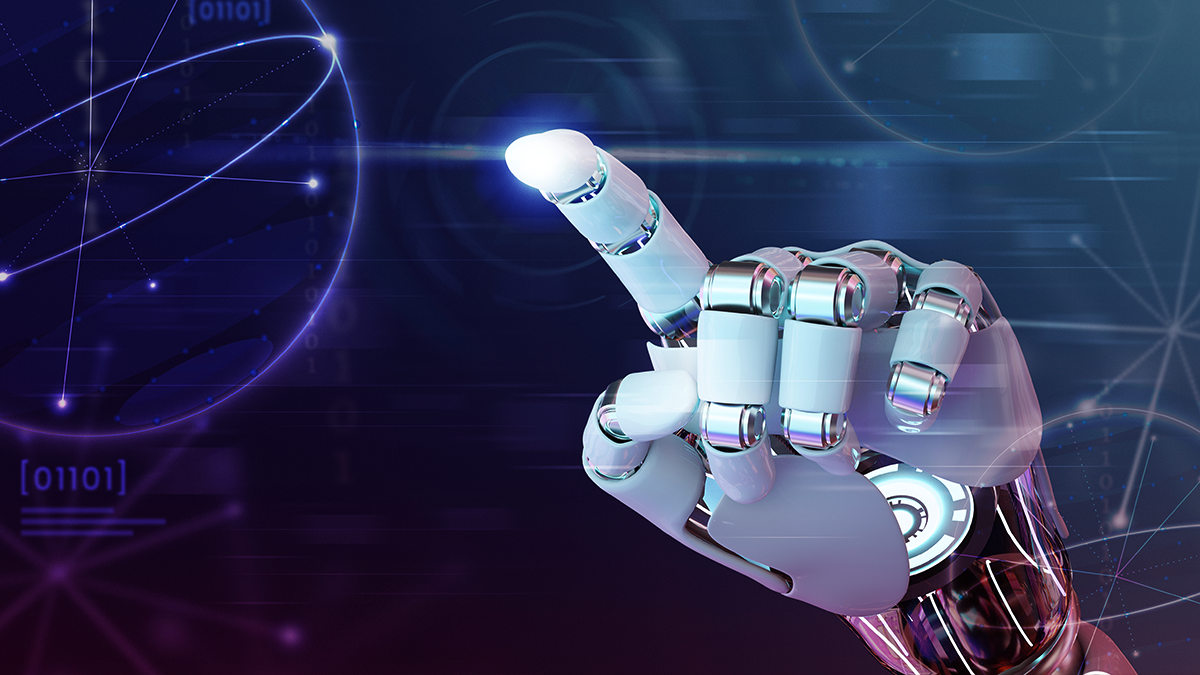
Over the last decade, artificial intelligence (AI) has become embedded in every aspect of our society and lives. It has changed the way we live with innovative technologies and has taken every industry by storm. From chatbots and virtual assistants like Siri and Alexa to automated industrial machinery and self-driving cars, it’s hard to ignore its impact. Worldwide, spending by governments and businesses on AI technology will top $500 billion in 2023.
Without a doubt, artificial intelligence is having a significant impact on the business sector, particularly in areas such as automation, data analysis, and decision-making. Many companies are using AI-powered tools to improve efficiency, reduce costs, and gain a competitive advantage. In 2023, artificial intelligence is expected to continue to advance and be applied in a wide range of industries, including healthcare, finance, transportation, and manufacturing. The use of artificial intelligence in these industries is expected to improve efficiency, reduce costs, and make tasks more accurate and reliable. Advancements in machine learning, deep learning, and natural language processing will likely be the main drivers of this progress.
Additionally, AI-powered machines and software can analyze large amounts of data and provide insights that humans may not be able to detect on their own, which can inform business decisions and strategy. The use of artificial intelligence in autonomous vehicles and drones is also expected to increase in the coming years.
Some other examples of AI’s impact on businesses include:
- Personalizing customer experiences
- Improving supply chain management
- Enhancing fraud detection
- Enhancing performance of marketing campaigns
- Improving cybersecurity
- Optimizing manufacturing processes
In the tech sector, machine learning and artificial intelligence are currently a trendy topic. Today, the technology most commonly used to achieve artificial intelligence is machine learning (ML). Machine learning uses advanced software algorithms designed to carry out one specific task, such as answering questions, translating languages, or navigating a journey which become increasingly good as they are exposed to more and more data. The creation and application of learning algorithms is the science of machine learning. You can predict if a behavior will continue if it has done so in the past. In other words, if there is no forerunner activity, there cannot be a prediction. Out-of-hand issues like enabling self-driving cars, identifying credit card fraud, and facial detection and recognition may be addressed using machine learning. With sophisticated algorithms that repeatedly cycle over enormous data sets, machine learning enables machines to adapt to a variety of scenarios for which they have not been expressly built.
What impact will artificial intelligence be expected to have in 2023?
It is difficult to predict with certainty the specific impact that artificial intelligence will have in 2023, as the field is rapidly evolving, and new developments are continually emerging. However, it is expected that AI will continue to be integrated into a wide range of products and services, resulting in increased automation and efficiency in various industries. Some areas where AI is likely to have a significant impact in 2023 include:
- Healthcare: AI-powered tools are expected to be used more extensively in areas such as medical imaging, diagnostics, and drug discovery.
- Finance: Financial institutions are expected to increasingly adopt AI-powered tools for tasks such as risk assessment, fraud detection, and customer service.
- Retail: AI-powered chatbots and personalized recommendations are expected to become more prevalent in e-commerce and in-store shopping experiences.
- Transportation: Self-driving cars and drones are expected to become more common, with the potential to greatly improve efficiency and safety in transportation.
- Manufacturing: AI-powered systems are expected to be used more extensively for tasks such as predictive maintenance and quality control.
Article by Michelle Nthemba
Would you like to share an article? Write to us at sbscommunication@strathmore.edu
Share This Story, Choose Your Platform!
Your journey to business excellence starts here. Subscribe today and be at the forefront of innovation and leadership.









